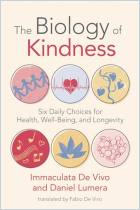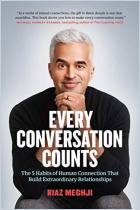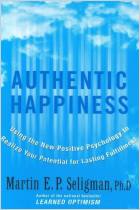Acesse a sua conta getAbstract para obter o resumo!

Acesse a sua conta getAbstract para obter o resumo!
Robert Waldinger M.D. and Marc Schulz Ph.D
The Good Life
Lessons from the World's Longest Scientific Study of Happiness
Simon & Schuster, 2023
Sobre o que é?
Relationships are crucial to happiness. Learning to relate to others enhances your contentment.
Recommendation
Robert Waldinger and Marc Schulz direct the world’s most enduring longitudinal survey of happiness — the Harvard Study of Adult Development, which has been closely following individuals from the same 724 families for more than 85 years. They draw on research from two generations of participants in the Harvard Study and glean insights from the latest research from other studies in psychology and neuroscience as well as the wisdom of ancient philosophers. They conclude that relationships are your pathway to contentment. The authors offer strategies for improving the quality of your connections, for making new connections, and for bolstering your overall well-being and life satisfaction.
Summary
About the Authors
Robert Waldinger, MD, is a Harvard Medical School professor of psychiatry and the director of the Harvard Study of Adult Development at Massachusetts General Hospital. Marc Schulz, PhD, is a professor of psychology at Bryn Mawr College and the study’s associate director.


















Comment on this summary